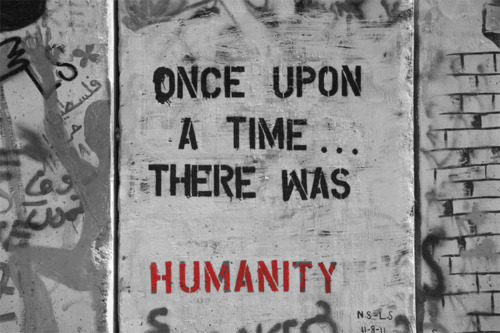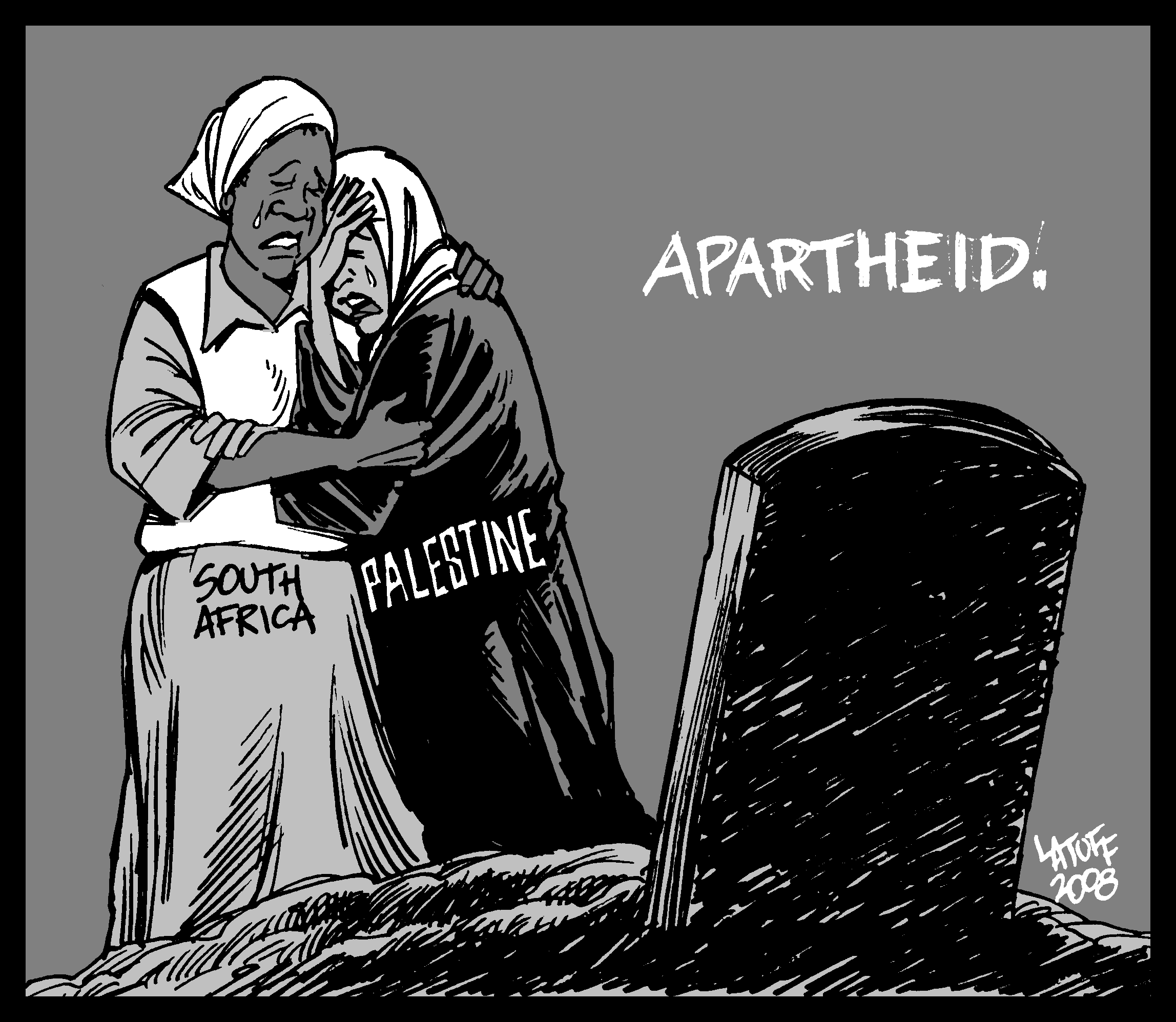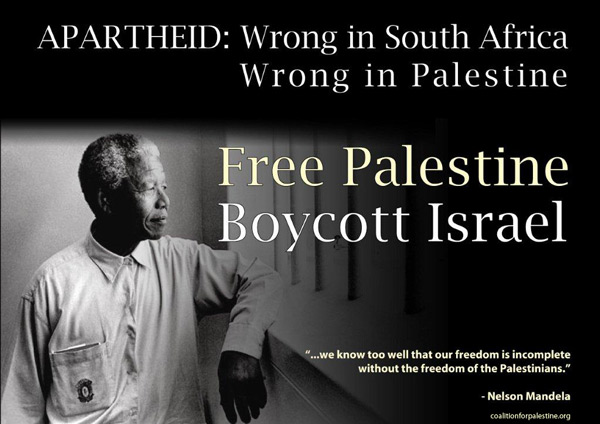Today, May 15, is when those in Palestine and around the world remember the Nakba. Before coming here, I knew very little about the history of the Nakba, and so this has been a huge learning process for me.
According to Badil, the Ongoing Nakba Education Center:
The term Nakba (Arabic for 'Catastrophe') refers to the first round of massive population transfer undertaken by the Zionist movement and the State of Israel in the period between November 1947 (the issuing of the UN Partition Plan for Palestine) and the cease-fire agreements with Arab states in 1949. The Nakba was an act of forced population transfer (ethnic cleansing) undertaken for the purpose of establishing Israel as a state that would ensure permanent dominance of Jewish settler-immigrants over the indigenous Arab people of Palestine. More than 750,000 Palestinians were forcibly displaced from their homes and lands during these original Nakba years.
The Ongoing Nakba refers to Israel's ongoing denial of the rights of displaced Palestinians to return to the lands from which they were displaced, as well as the ongoing experience of forced displacement and dispossession of Palestinians from their homelands that has continued since the original Nakba years as a result of Israel's policies and practices, namely Israeli apartheid, colonisation and military occupation.For a beautifully done, deeper description of pre-Nakba Palestine, I highly recommend checking out Nakba: The Untold Story of a Cultural Catastrophe. There are some beautiful photos and great stories. Here is a little excerpt:
Nakba, meaning catastrophe, is commemorated by Palestinians throughout the world on May 15 every year. It marks the loss, dispossession and historic injustice suffered by the Palestinian people, through the forced expulsion from their homeland by Israeli forces and Zionist militia. Nakba commemorates the period when approximately 800,000 Palestinians, at the time 67% of the population, became homeless and/or, stateless refugees. Today, it is estimated that 7 of the 11 million Palestinians around the world are refugees, still roughly two-thirds of the Palestinian people.
Nakba, for Palestine, is about the loss of potential on a mass scale. It is about reducing a vibrant and highly accomplished culture into one filled with bitter-sweet memories consumed by the national cause of return and justice. Entire villages were destroyed, then rebuilt [as Israeli towns] and renamed; books, music collections and works of art were left behind as people ran for their lives, expecting to return a few weeks later; sports clubs and social organizations disappeared with the communities of which they were a part. It was a systematic campaign of death, destruction, and cultural obliteration, carried out against a nation whose vibrant culture was forcibly stunted.
Here are a few original images from the Nakba:
There were many protests and remembrance events today, by both Palestinians and Israelis. Many were brought on by the fact that the ethnic cleansing has continued, right up until today.
Palestinian families continue to be kicked out of their homes so that Israelis can move in, especially in East Jerusalem and Hebron.
Hundreds and hundreds of Palestinians are sitting in Israeli prisons right now without any charges against them, and with no prospect of release.
Young men are killed by Israeli soldiers at non-violent demonstrations with alarming regularity.
The terror continues to grip Palestinians as they fear for their lives and the lives of their children. The emotional and psychological damage that this trauma has done to people, especially children, is astronomical.
Today, I am especially aware of the reason that I am here. I pray for peace, work for justice, and ask you to do the same. Remember Palestinians, who are the largest refugee population in the world, and join me in praying for their return to their homes, villages, farms, and families.
A Palestinian man with the key to his home before the Nakba in 1948 protesting for the right to return to it... and a "witty" Israeli reply.
 |






















































